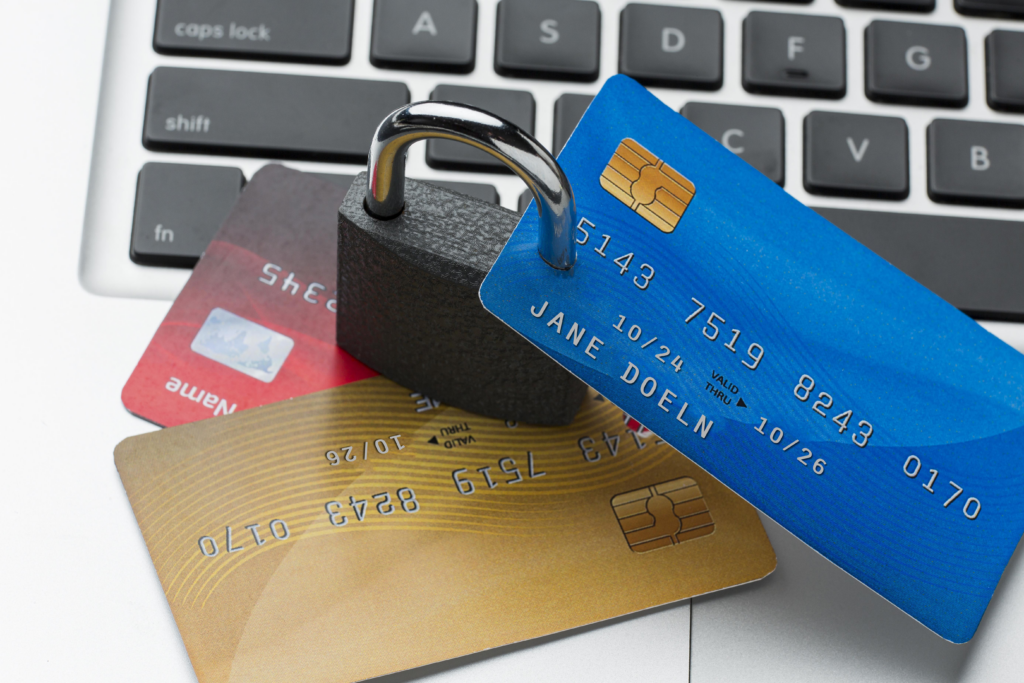EveryData Barbados: Enhancing Financial Access through Advanced Credit Information and Risk Management Solutions

Uncover the importance of understanding and monitoring your credit score with EveryData Barbados. Their credit information and risk management solutions empower businesses and individuals to make informed financial decisions.
Over the last 15 years, I have penned hundreds of articles on business and technology. Truthfully, only a select few topics have resonated with me as both urgent and deeply personal. As the business landscape evolves, it’s evident that the more impactful a company is on individuals, the more likely it is for people to be aware of its existence. Arguably the subject of today’s topic is as influential as any leading retailer or a commercialised national resource, like water. However, I can assure you that only a few citizens are aware of this entity’s existence, its functions, and the significant role it plays in the lives of Barbadians today.
EveryData Barbados, formerly known as Creditadvice Barbados, is a provider of credit information and risk management solutions. Founded in July 2019 at the cusp of the now enacted Data Protection Act, it has quickly become a leading provider in its field, offering advanced information, software, and analytics solutions to enhance financial access. Their services help businesses make informed decisions with detailed credit score data and risk management tools, primarily advising about you, the Data Subject.
Your credit score is a crucial factor, lenders use to determine your eligibility for loans and credit cards. A higher score can improve your chances of being approved. It also influences the interest rates you’re offered. A higher score typically secures lower interest rates, saving you money over time. In addition, under the Fair Credit Reporting Act, 2021, from utility companies to landlords, may check your credit score as part of their approval process.
In some cases, your credit score can affect your insurance premiums, including auto and homeowner’s insurance, because a Credit Score highlights the likelihood of your ability to pay, and consistently.
But the impact of not knowing your credit score can lead to serious life situations. Without monitoring your score, you might miss errors or fraudulent activities that can negatively impact your credit. Being unaware of your score can lead to surprises when applying for credit, possibly resulting in rejection or unfavourable terms with whom you’re seeking a credit relationship. If not monitored, missed opportunities to improve a poor score may lead to higher interest rates and insurance premiums, resulting in increased expenses.
But what you might not realise is that you’re entitled to a free credit score report annually. To obtain this, you need to submit a Data Subject Access Request form along with colour image(s) of your Barbadian photo identification. So now, they not only possess your financial data but also your biometric data, specifically your face and likeness, in an organisation whose business revolves around selling your data. Considering their privacy policy lacks specificity on the handling of sensitive personally identifiable information, this situation could very well be a matter for the Data Commission.
The introduction of biometric data collection raises significant privacy concerns, especially when policies do not transparently outline the use of such sensitive data. The responsibility lies with entities like EveryData Barbados to ensure they operate within the stringent boundaries set by data protection laws, safeguarding individuals’ rights to privacy.
I have numerous questions that would inevitably exceed the limits of my submission, but the most pressing ones are as follows:
While credit lending agencies might have received permission to conduct credit searches, who authorised this lending agency to store my data initially? Moreover, why hasn’t the agency attempted to contact me, the owner of the personal data, to acknowledge their existence and give me the opportunity to understand my own credit history?
The claim on their website about access to this information seems insincere because if you were unaware of their existence, how would you know to request the information in the first place? This is compounded by the fact that banks do not transparently disclose which credit checking agencies they use.
As individuals, it’s crucial to stay informed about sensitive services like credit reporting and understand our legal rights, enabling us to maintain control over our personal information. The current situation highlights the critical need for regulatory oversight and demands that entities not only develop clear and explicit data usage policies but also actively communicate them. Having a policy is futile if its existence remains unknown to those it affects; it’s akin to having no policy at all, as its efficacy cannot be verified.
I would expect a knowledgeable entity like this to engage proactively with consumers by:
Emailing individuals to introduce themselves and explain their role in the financial ecosystem. Informing individuals of their rights as data subjects. Notifying individuals whenever there is a request to access their credit records.
Understanding one’s financial history is empowering, allowing for informed financial decisions and proactive steps towards maintaining or enhancing financial health. Conversely, a lack of awareness can lead to missed opportunities and unnecessary financial challenges.
Steven Williams holds an MBA from the University of Durham and is certified as a chief information security officer by the EC Council and as a data protection officer by the Professional Evaluation and Certification Board (PECB). Steven can be reached at: Mobile: 246-233-0090 Email: steven@dataprivacy.bb


